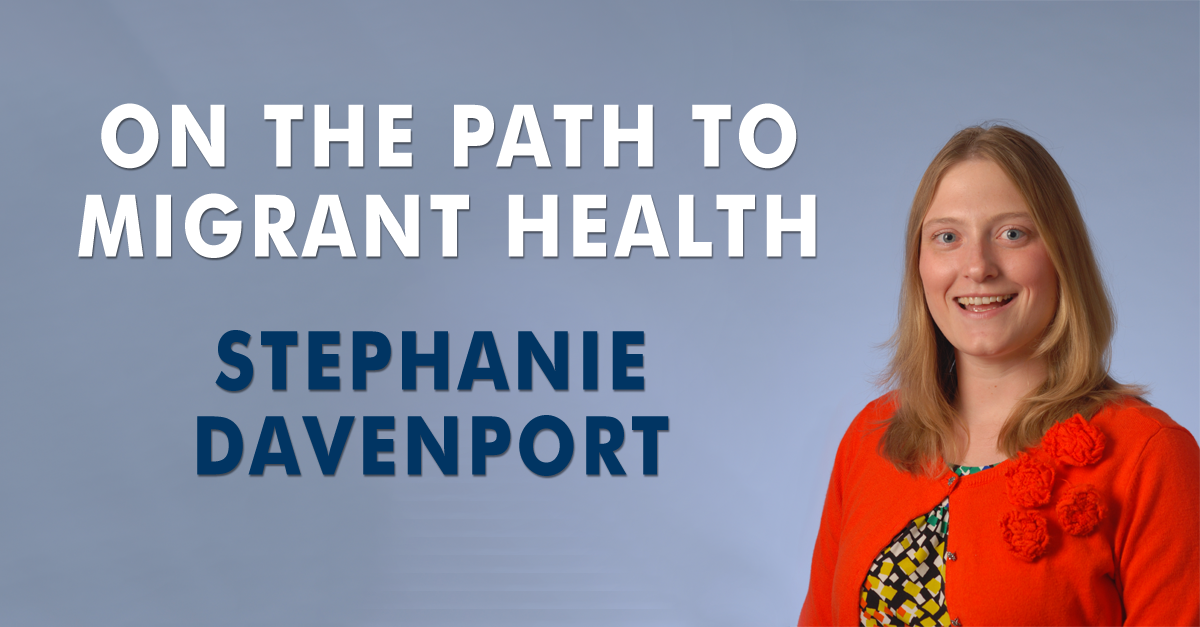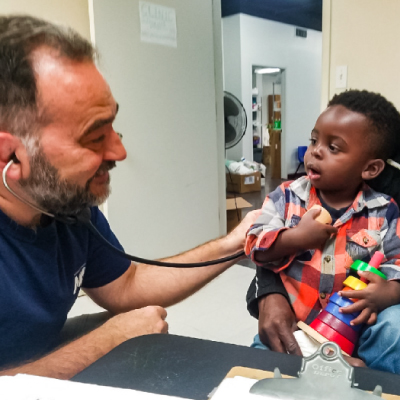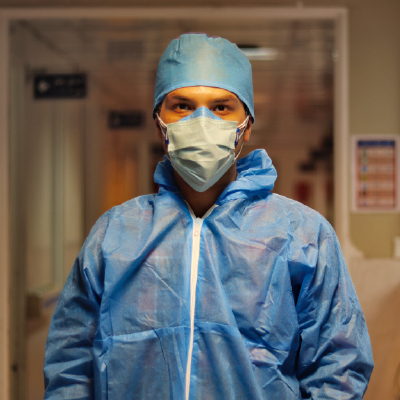- Who We Are
- Clinician Employment
- Publications
- Witness to Witness (W2W)
- Kugel & Zuroweste Health Justice Award
- Your Voice Matters: Photovoice Project
Tue, 08/18/2015 | by MCN Admin

 [Editor’s note: This is the second installment of a two-part piece on the journey of a young student on the path to serving the underserved through medicine. We first met Stephanie Davenport as an undergraduate, when she presented on incarcerated pregnant women at the National Seminar of Clinicians for Health Care Justice. She is scheduled to begin medical school in 2016; for now, she works at a hospital in her home state of Indiana. Read the first installment here.]
[Editor’s note: This is the second installment of a two-part piece on the journey of a young student on the path to serving the underserved through medicine. We first met Stephanie Davenport as an undergraduate, when she presented on incarcerated pregnant women at the National Seminar of Clinicians for Health Care Justice. She is scheduled to begin medical school in 2016; for now, she works at a hospital in her home state of Indiana. Read the first installment here.]
Starting at an early age, my parents instilled in me the importance of giving back and helping others. I can remember going with my dad to pick up food from local businesses to donate to the soup kitchen. It was when I was in college that I began to realize that as a future physician I had an interest in caring for populations that are in need.
While at Indiana University, I took a class called Seminar in Corrections, which combined my love for medicine with my desire to assist the underserved. I completed a paper on what practices should be improved so that incarcerated women are treated with respect and fairness, and it considered best practices that prisons have implemented.
My professor encouraged me to submit a poster proposal based on my paper to the National Summit of Clinicians for Healthcare Justice. I was selected, and I presented at the conference in 2010. I decided to take some time off before attending medical school. Thus, the conference occurred at a time in my life when I was transitioning from being a full-time student to working full time. There were various speakers and workshops at the conference in which individuals shared their stories of aiding the underserved. I was intrigued by the passion they all had in their cause. I began to ponder what I wanted to accomplish as a physician. Migrant Clinicians Network was a sponsor of the conference, and this is how I became familiar with MCN’s work. Since this experience, I have realized that I have an interest in serving an underserved area.
The message that was conveyed to me at the conference was to find something that I am passionate about and pursue it. I had an “aha” moment when I knew that I want to do more than just care for the symptoms of a patient, but I want to care for the whole person. I desire to make sure that I get to know my future patients on a personal level and develop deep trust. I want to practice patient-centered care so that as a team we can come up with a solution and combat each medical issue.
I grew up in rural Jackson County, Indiana, and I returned to live in Jackson County upon graduation from college. My upbringing has influenced my interest in rural medicine. Growing up in a rural community, I observed how individuals might not have access to all the necessary resources and medical care that they need. Community involvement, interacting with neighbors, and members of the community are a priority of mine. It allows for a unique experience of assisting each other in living life to the fullest and making life enjoyable, which seems more attainable in a rural atmosphere.
I have worked for over ten years as a phlebotomist and lab assistant, and I have seen how medical procedures and hospitals can cause anxiety and fear in patients. By being patient, compassionate, and friendly, I have had the opportunity to calm many fears of venipuncture, gain the trust of others, build new relationships, gain new skills, and strengthen existing relationships. When performing venipunctures, I try to make it a pleasant experience by engaging patients in conversation and listening to them. I have been able to form relationships with patients, and they ask for me by name. I have also witnessed numerous patients confused about their care plan and ask me why various tests are being performed. I have realized more has to be done to ensure patients are an active member of their care and not just going through the motions.
I have valued the interactions and relationships I have developed over the years while working, and I would like to assist people in observing the importance of developing healthy habits and to utilize preventative services. I believe more has to be done to assist individuals, especially the underserved, in seeing that there are resources available and that small lifestyle changes can lead to desired results. I am not certain of the path of my medical journey, but my work experiences, my family, MCN, my Indiana University courses, and my community have instilled in me the importance of caring for individuals from all walks of life, and the importance of patient-centered care. I know my career will somehow encompass me serving an underserved population.
Do you know a young clinician who may be interested in pursuing a career in migrant health? Visit our Clinician Employment page to find job resources, or view our archived webinar series, Clinician Orientation to Migrant Health, to learn more about the issues that migrant clinicians encounter.
Like what you see? Amplify our collective voice with a contribution.
Return to the main blog page or sign up for blog updates here.







